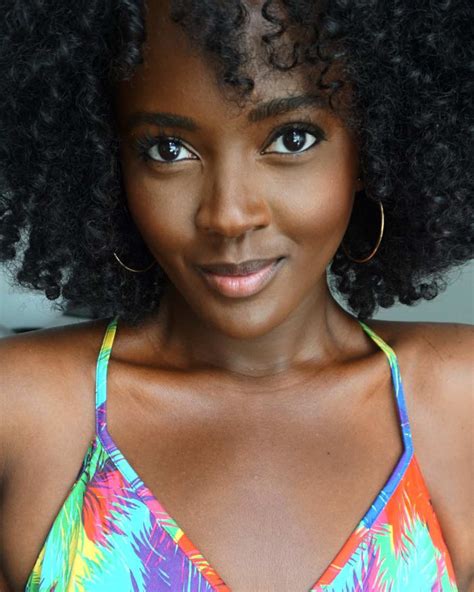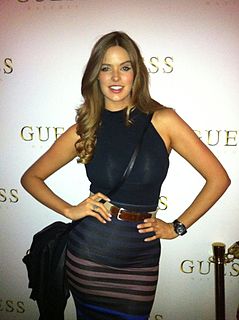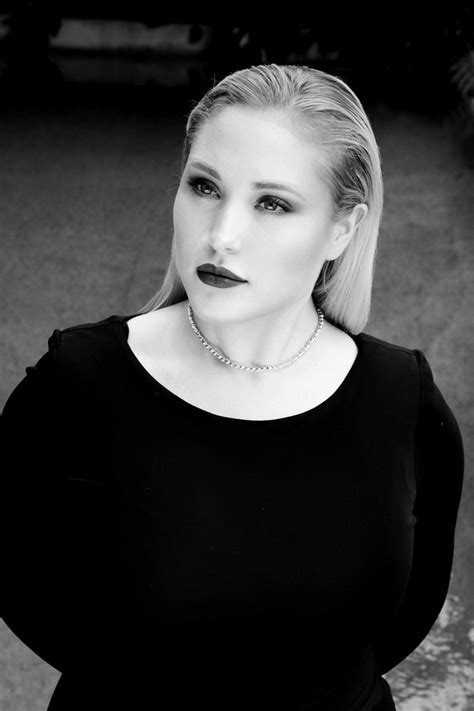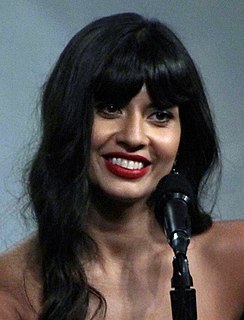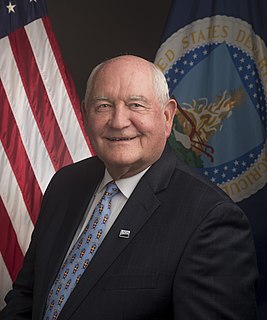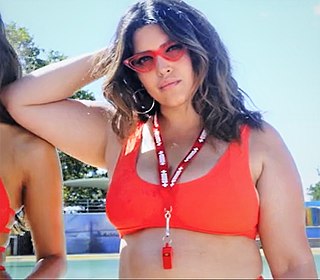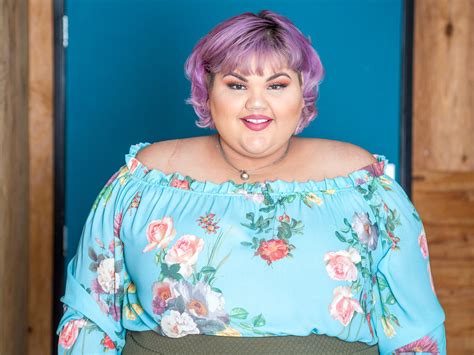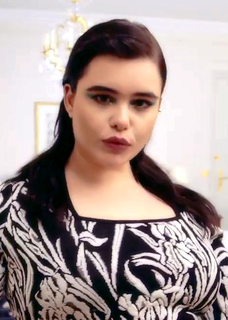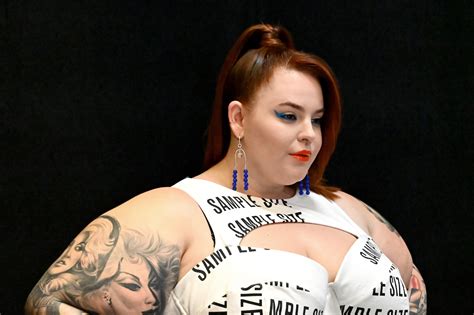A Quote by Philomena Kwao
I think that the plus-size industry has been great with size diversity, but it hasn't really been great for skin tone diversity.
Related Quotes
Most of the brands that have used me don't say I'm "plus-size" - and there are other plus-size girls doing really well. But there is still a gap in "normal size" girls being represented. There are so many size 8 girls in shape; they look hot, but there is a lack of diversity for them. At the moment there's an extreme on both size sides. But it's changing, and that can only be seen as positive.
I think overall, from a deputy, from an undersecretary standpoint, the goal of a good leader is to get diversity across there. Geographical diversity is important. Industry diversity is important: you can't have all corn growers... Not only that, you've got gender diversity, you've got racial diversity.
The trouble is that Millennials and many recent products of the public schools believe that America was made great, if they're even taught that it's great, if they're taught that it's great, you know what they're told is the reason? Diversity. There's diversity all over the world. You can go to places where there is diversity out the wazoo, folks. You can go to places all over the place world and you can find the most diversity, you can find perfect diversity, however you find it. You will not find a United States.
You cannot determine someone's health by the BMI alone. There are many factors that contribute to the health on an individual. If we're going to start using BMI to police straight size models, what's next? The plus size industry? To be honest, if it was down to BMI alone, most plus size models - including myself - wouldn't be working.
